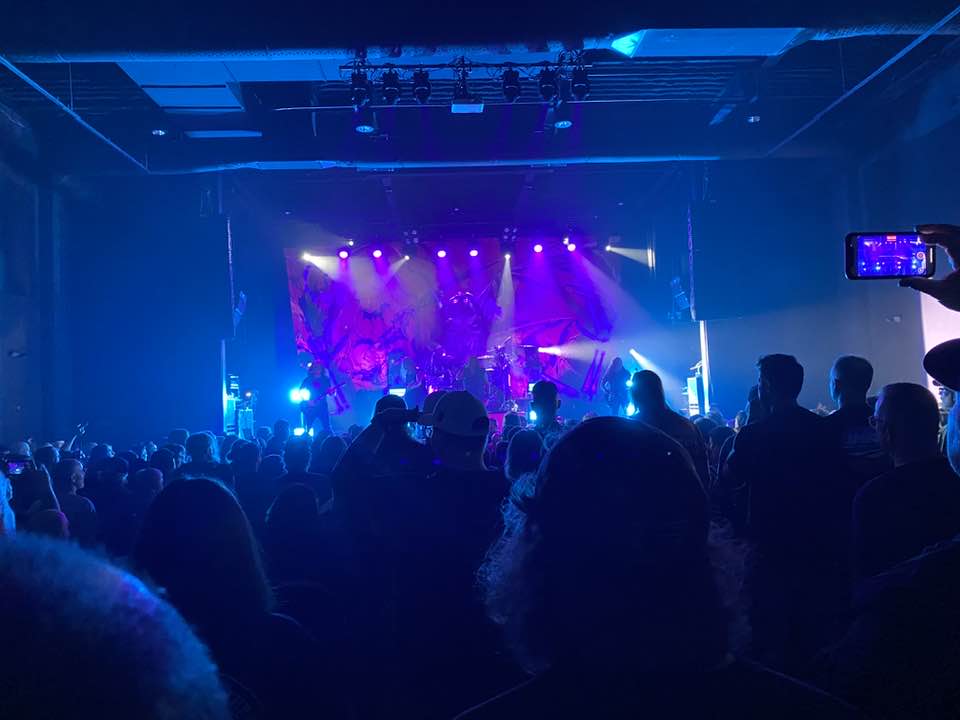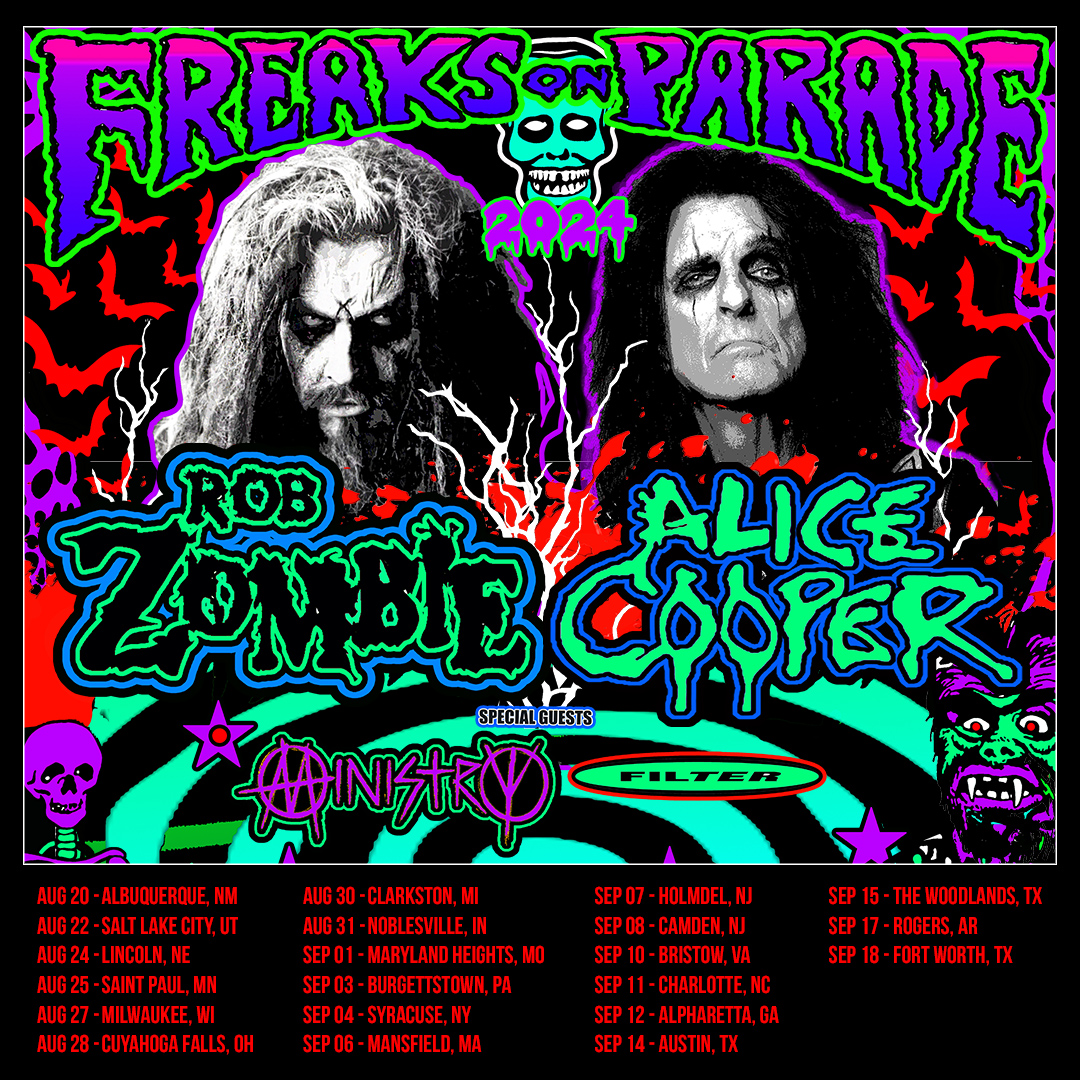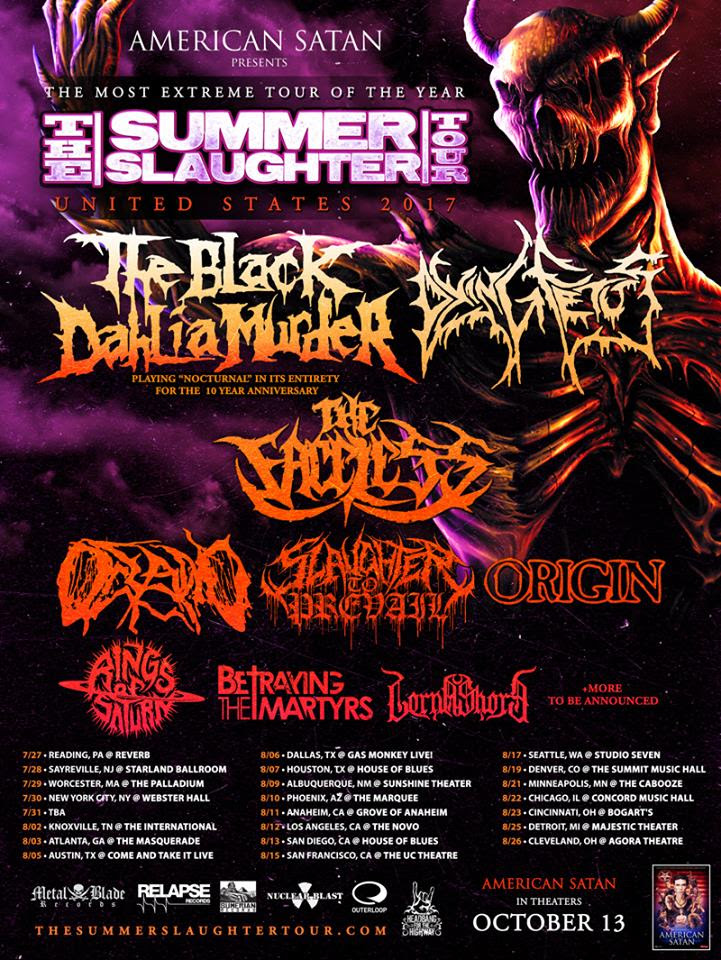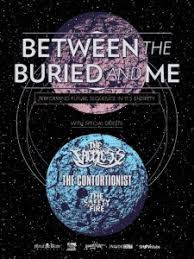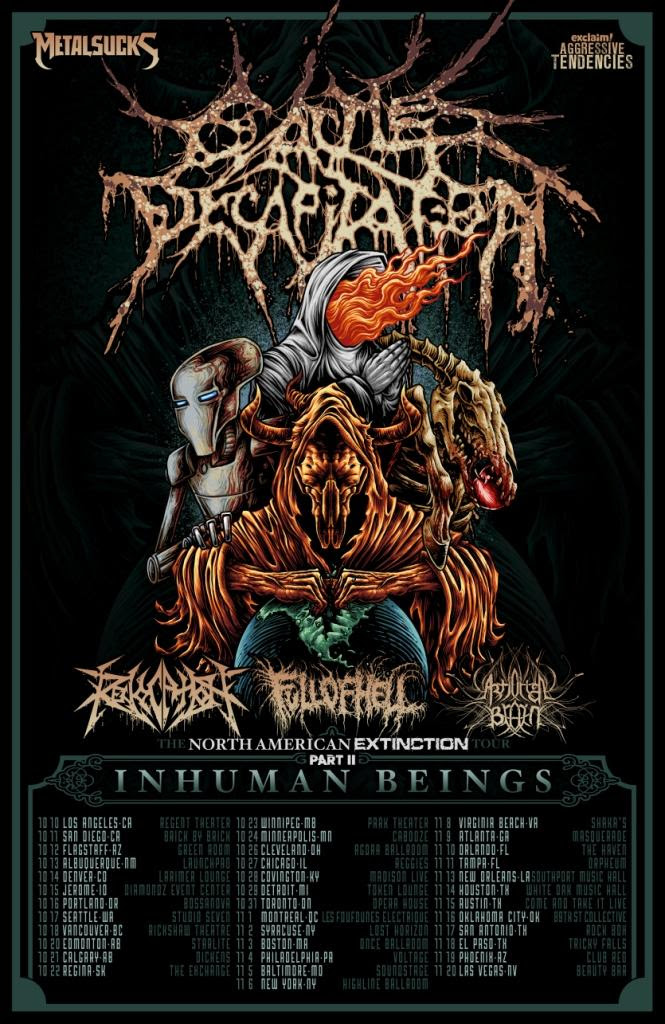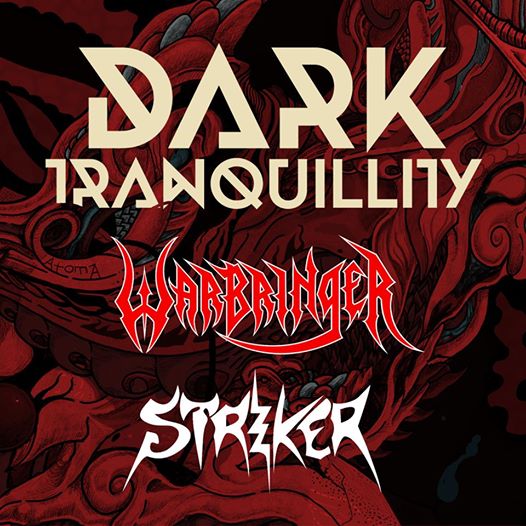Great White Bio

Jack Russell - Vocals Mark Kendall - Guitar Jordan Martin - Guitar Derrick Pontier - Drums Scott Pounds - Bass
Genres
Like the fearsome, deadly denizen of the deep that shares its name, Great White knows something about survival of the fittest. The Southern California blues-rock band first took a bite out of the rock scene in 1984 and has never let go. Great White has achieved worldwide success, encompassing sales of over six million records. They received a Grammy Award nomination for Best Hard Rock Performance for the song "Once Bitten, Twice Shy", and earned a double platinum certification for the album …Twice Shy. With the release of Can't Get There From Here, the group's first release from John Kalodner's label Portrait, Great White is poised to conquer once again.
The soulful, blues-based signature sound that turned songs like "Face The Day", "Rock Me", and "Save Your Love" into international hits drives the dozen new tracks on Can't Get There From Here. According to vocalist Jack Russell, the hooks are more monstrous than ever. "It's Great White, just bigger and better." That is due, in part, to producer Jack Blades (Night Ranger, Damn Yankees), who produced the album at his Northern California studio, The Barn. The album was recorded in a mere 24 days in the spring of 1998. Jack Russell recorded additional rhythm tracks at his own 710 studios.
Collaborating with bandmates Michael Lardie and Mark Kendall, producer Blades, and longtime friend Don Dokken, Russell explored his own colorful past to pen the lyrics to the rollicking "Rollin' Stoned" and "Gone to the Dogs", an adrenalized ode to overindulgence. He draws on experience to explore relationships both good ("Saint Lorraine", "Sister Mary", "Ain't No Shame") and bad ("Loveless Age"). Yet Can't Get There From Here is not without its moments of broader social commentary, skewering religious hypocrisy in "Wooden Jesus" and poignantly giving voice to the plight of the homeless on "Hey Mister".
But whatever his subject, Russell keeps it real. "I'm not trying to be some innovative lyricist writing about things that nobody's ever heard about before," he says. "Sometimes I think that people try to be too hip lyrically, where they go beyond what other people can understand. I think it's important that we keep telling ourselves the same stories in our own way. The songs that have always been memorable to me were the ones that were simple and basic, that remind me of a situation in my life."
Great White has been churning out memorable songs since the early 80's, when Russell and Kendall joined forces and adopted the blues-based sound that went against the era's glam rock grain. Great White quickly attracted attention on the L.A. club scene. Their independently released EP Out of the Night sold 20,000 copies and got local airplay. Great White was snapped up by EMI America, which issued the eponymous Great White in 1984. That year, the band embarked on their first European tour with Whitesnake, and segued to a five month U.S. arena run with Judas Priest.
Shot in the Dark, their follow-up independent release, marked the arrival of drummer Audie Desbrow. By the time Capitol Records signed the band and reissued Shot in the Dark, keyboardist-guitarist Michael Lardie had come aboard. After the release of Shot in the Dark, Great White hit the road with Dokken and was on the verge of even bigger success. The 1987 follow-up Once Bitten…, which featured the hit tracks "Rock Me", "Lady Red Light", and "Save Your Love", went platinum. Their next album …Twice Shy, which featured the Top 5 hit "Once Bitten, Twice Shy", more than doubled that tally.
The late 80's were boom years for the band, marked by non-stop touring with some of hard rock's biggest names. Great White ended the Once Bitten… tour with a headlining show at London's Marquee Club, and returned to Europe on the Monsters of Rock tour with Kiss, Iron Maiden, and Anthrax. While promoting …Twice Shy, Great White toured with Ratt, and co-headlined a tour with Tesla. The following year, they launched a headlining tour, supported by the Michael Schenker Group and Havana Black.
The band continued into the next decade performing "House of Broken Love" on the American Music Awards in January 1990. That spring, Great White embarked on their first tour of Japan. They soon returned stateside for the Memorial Day weekend festival, dubbed The World Series of Rock, which featured Whitesnake, Skid Row, Bad English, and Hericane Alice. Great White recorded two more albums for Capitol - Hooked, which was certified gold, and Psycho City. In support of Hooked, Great White toured, completing a headline tour, a guest slot with the Scorpions, and trips to Europe and Japan. Psycho City was followed by a U.S. tour with Kiss.
Although Capitol issued a Best Of compilation in 1993, Great White had already departed the label to begin work on their next studio release, Sail Away. Quoting a scene all too familiar in the music industry, Lardie explained, "After the label changed presidents for the fourth time, we decided to get out of Dodge." Great White spent a grueling seven straight months on the road headlining clubs. According to Lardie, it was "the longest stint we ever did without a break." Great White kept up the pace once Sail Away was released on Zoo Records in 1994, touring the country several times over the following year and a half. Their next release, Let It Rock, was released through yet another label, Imago, in 1996.
After leaving Imago, Great White signed with Portrait Records, an imprint founded by A&R guru John Kalodner that features fellow established hard rock acts such as Ratt, Damn Yankees, and Cinderella. Russell began sending demo tapes in 1997, but it was the combination of songs and co-writer/producer Jack Blades that proved to be the winning ticket to clinch the deal. The "pair of Jacks" began collaborating after Blades asked Russell to provide background vocals on Night Ranger's Seven CD. "He's just amazing. He'd go off in the morning, running down the hill with his dogs, and come back with nine tenths of a song written," compliments Russell, who was equally pleased with Blades' job as producer -- a role Great White had assumed several times in the past. "I really don't think that you can totally produce yourselves," he says now. "It's difficult to let go, but you have to. You have to say, 'Look, this is better for us. Let somebody else take this role. Let's just be musicians."
Click here to update bio

